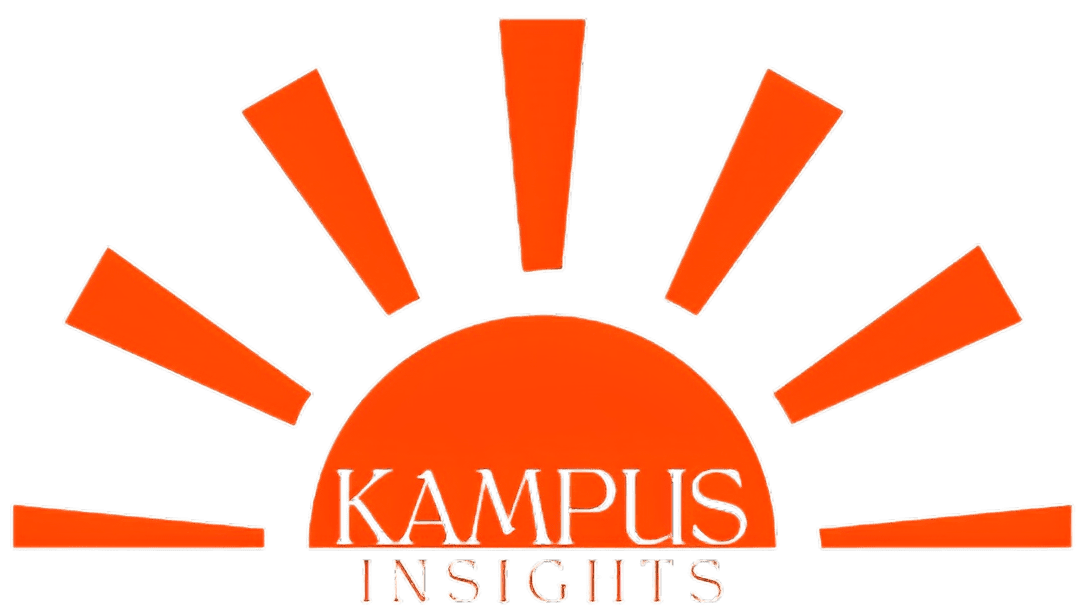Our Core Workshops
Spark Curiosity PD Series Learning Objectives:
By the end of the program, educators will be equipped to:
- Create curiosity-driven classroom environments using micro inquiry tasks
- Differentiate instruction to reach all learners' needs using Nearpod
- Apply scaffolding techniques to support student success
- Conduct action research to improve practices using classroom data
- Strengthen collaboration, efficacy and innovation among teachers
Part 1: Unleash the power of micro inquiry tasks to captivate your students’ minds. You'll explore ways to make a concept concrete for students and how to spark curiosity and engagement across all core subjects. Transform your classrooms into hubs of active learning and foster a love for knowledge in your students.
Part 2: Supporting student centered discourse: This session focuses on the facilitation of classroom discourse to create student-generated summary statements of quick inquiry tasks. It provides practical strategies for encouraging classroom discussions and empowering students to construct their own understanding of the material.
Material: Spark Curiosity: A Guide to Quick Inquiry Book
Differentiate with Ease: Equip your educators with the skills to effortlessly tailor instruction for diverse learners. Discover practical strategies to create inclusive learning environments, ensuring success for every student.
- Introduction to Differentiated Instruction
- Using Nearpod to Differentiate
- Creating Mini-Lessons for Diverse Learners
Material: Beginner’s Guide to Nearpod: A tool for transforming teaching in K-12 book
Master the art of scaffolding to support all learners effectively. Explore proven techniques and tools that empower students to thrive in your classrooms.
- Key Concepts of Scaffolding
- Applying Scaffolding Strategies
- Developing Scaffolding Lesson Plans
Material: Beginner’s Guide to Nearpod: A tool for transforming teaching in K-12 book
Become a research-driven educational leader. This course equips you with the tools to conduct action-based research in your school. Harness data-driven insights to tailor teaching methods, enhance learning outcomes, and foster a growth mindset among your educators and students.
- Understanding Action Research Methods
- Collecting and Analyzing Classroom Data
- Using Data to Enhance Learning Outcomes
Reengineer the PLC process to cultivate a collaborative culture of empowered educators. Strengthen teacher teams, enhance student achievement, and elevate your school's success.
Harness real-time data to inform instruction. Learn how to make informed decisions that drive student progress and create an environment of continuous improvement.
